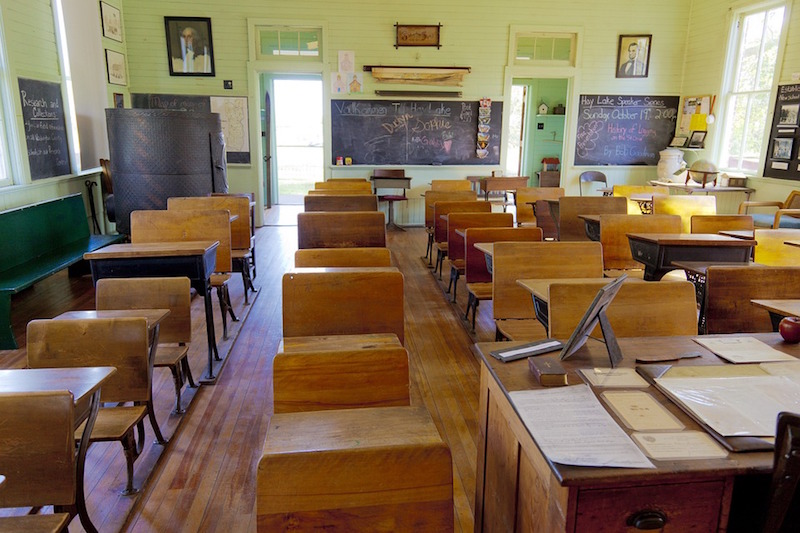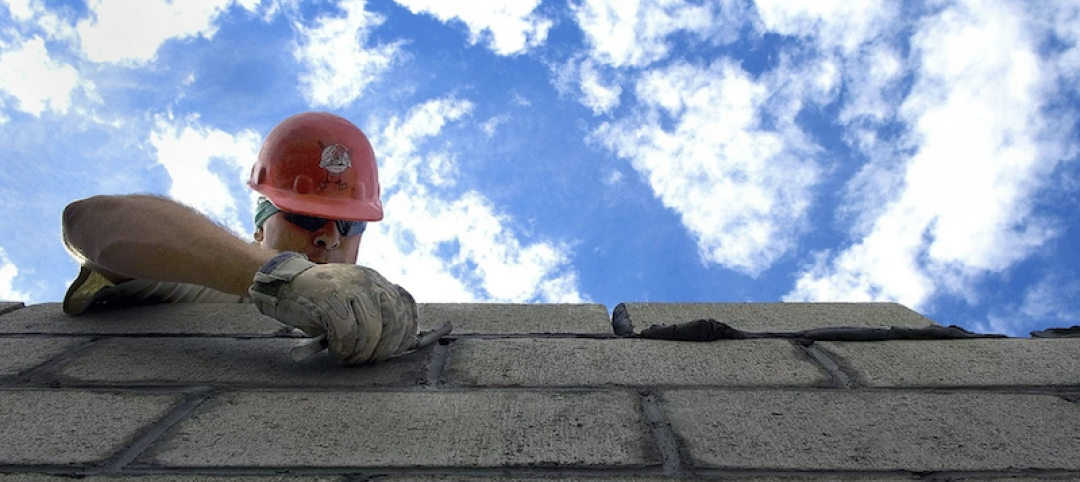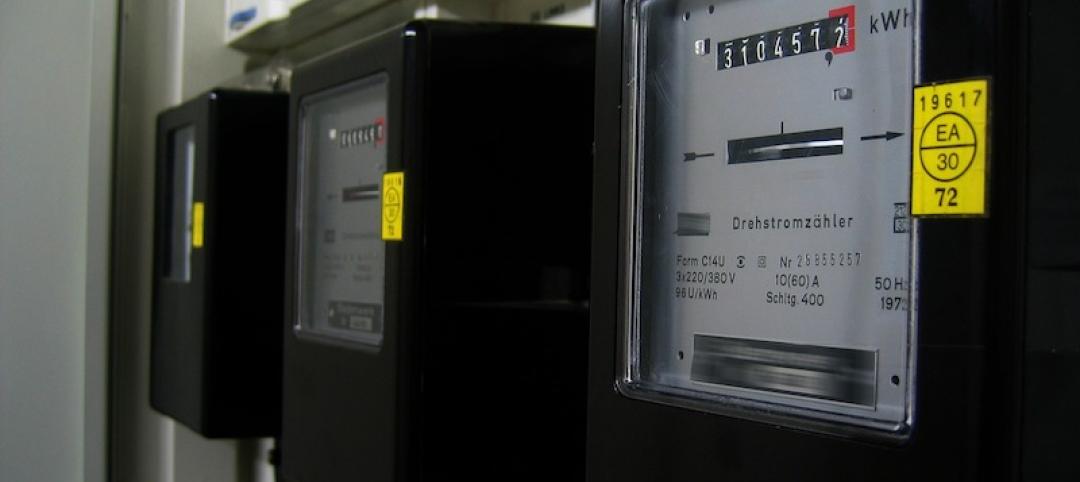The U.S. Department of Energy recently launched the zero energy schools accelerator, an effort to develop cost-competitive zero energy school design.
Six school districts, two states, and several national organizations are working collaboratively on the effort. DOE defines a zero energy building as “an energy-efficient building, where on a source energy basis, the actual delivered energy is less than or equal to the onsite renewable exported energy.”
The program’s goal is to quickly make Zero Energy K-12 schools more mainstream. Participating school districts commit to developing their own zero energy plans for a district project within a year. They can also engage with fellow states and school districts, and gain support from regional and national organizations.
Officials kicked off the program at a school in Arlington, Va., that features advanced next generation energy efficiency and renewable power features, including solar rooftop and geothermal heating and cooling systems. Zero Energy schools have the potential to save 65%-to-80% in energy consumption, depending on climate the zone, DoE says.
Related Stories
Codes and Standards | Jan 31, 2020
Colorado ranks first in LEED Top 10 states
Rankings of states for LEED certified square feet per person released.
Codes and Standards | Jan 30, 2020
Dramatic demographic shifts poised to alter global workplace
By 2030, Millennials and Generation Z will dominate workforce.
Codes and Standards | Jan 29, 2020
Half of Manhattan’s new residential skyscrapers are empty
Excess comes as middle class housing shortage worsens.
Codes and Standards | Jan 28, 2020
Updated Engineered Wood Construction Guide now available
Provides guidance on building engineered wood floors, walls, and roofs.
Codes and Standards | Jan 24, 2020
Fenestration Rating Council earns ANSI certification
FenStar Certification Program ensures windows, doors, and skylights meet Energy Star specifications.
Codes and Standards | Jan 23, 2020
Rent control policies backfire on goal of boosting affordable housing
Natl. Apartment Assn. study says rent control decreases housing supply, harms condition of housing stock.
Codes and Standards | Jan 22, 2020
Potential energy savings from smart meters is largely unrealized
Most utilities underuse the technology that can help customers save money.
Codes and Standards | Jan 21, 2020
Contractors pay practices reviewed in new database
Fastest and slowest paying GCs revealed.
Codes and Standards | Jan 17, 2020
Several states with ambitious climate goals will have to restrict natural gas as a fuel
Buildings would have to heat and cook with electricity.
Codes and Standards | Jan 16, 2020
New solar-ready mandate affects commercial and residential buildings in St. Louis
All new buildings must have reserved rooftop sections for PVs.

















